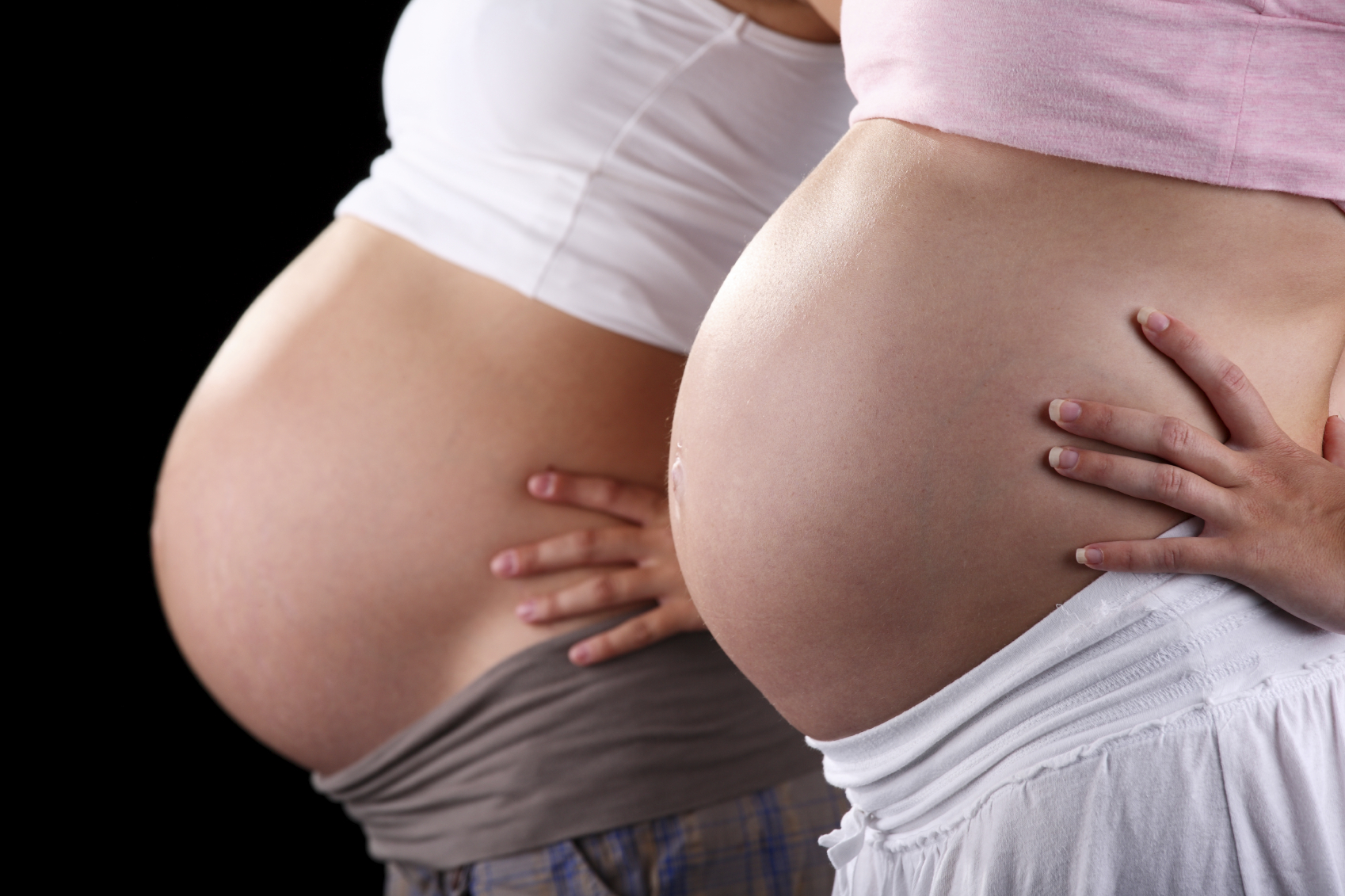In October 2015, the Indian Government instructed fertility clinics to stop transferring embryos intended for foreign recipients to surrogate mothers. The trafficking is nevertheless continuing because this industry is not regulated. In fact, the annual world market in this sector amounts to over £690 billion (approximately €865 million).
Julie Bindel, a staunch opposer to surrogacy, has investigated four surrogacy clinics on behalf of The Guardian.
In one of the clinics, a surrogate mother stood to receive approximately £4500 pounds compared to the £18,000 spent by the intended parents. In another clinic, which did not want to specify the amounts allocated, “a woman could receive 6 years’ salary for these 9 months”.
The status of women differs from one establishment to the next. Many women make a voluntary decision to leave their homes during the pregnancy “because it is not a respectable way of earning money in rural India”. The clinics can look after the women and accommodate them without sending them home. It all depends on what the intended parents are prepared to pay to monitor the pregnancy. Some of these clinics, however, believe that separating a woman from her family between the second and ninth month of pregnancy and keeping her in a room, will impact upon her mental health. Furthermore, they prefer to rely on the husbands.
One clinic explained that women are given medicinal products to stem the flow of breast milk in an attempt to stop mothers from forming a bond with the babies. Other women sell their milk to the clinic which then passes it on to the intended parents. Others continue to be paid to feed the baby despite the risk of attachment.
If eggs are donated anonymously, preferences can be stated in terms of height and hair colour. Conversely, surrogate mothers can be chosen from a catalogue and meetings with the intended parents can be arranged.
As far as the embryos are concerned, “the standard practice is to implant the embryos in two or more women and to carry out abortions when an embryo becomes implanted”. Similarly, in the case of multiple pregnancies, when several embryos have been implanted, the foetuses not required by the surrogate mother are aborted.
Nowadays, 12,000 foreigners, mostly English, travel to India in search of surrogate mothers.
The Guardian (Julie Bnidel) 01/04/2016

